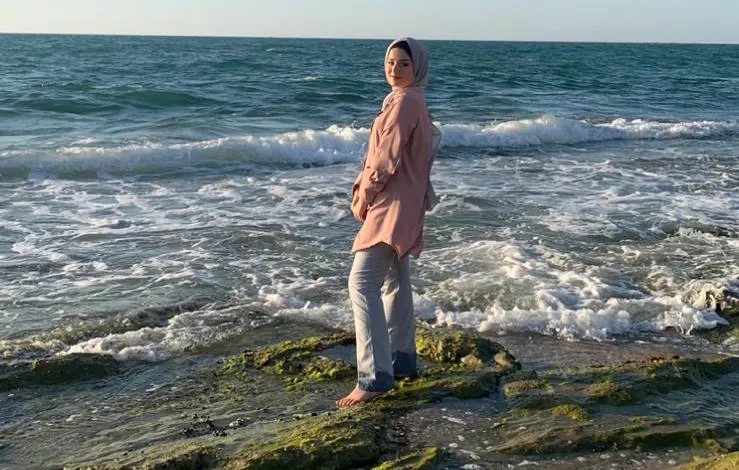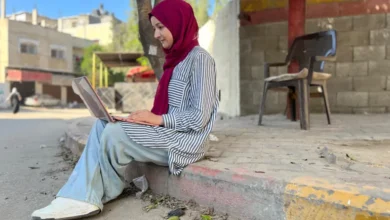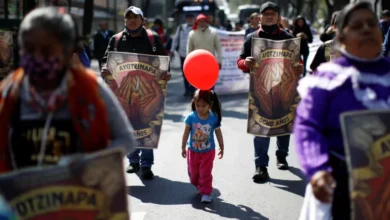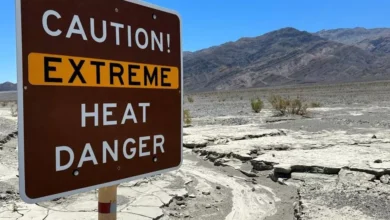Lemon trees, safety, hope: Memories of my Gaza home before war came

When Israel’s war on Gaza began and we got ready to leave our house, I packed makeup and a favourite book – items that now might seem superfluous. I thought that small reminders of home would bring comfort while we were away waiting out the latest assault.
But I didn’t expect to be gone so long – none of us did. We thought this war would be like all the others and it would take a week, maybe a month or two, for the Israeli army to unleash its rage.
Now that I’ve lived more than 10 months away from home – the idea of it – is what I miss most. I wonder if I’ll ever enjoy reading on my rooftop or sleeping in my bed again. Is my home even recognisable? I wonder. And will I ever have a home again?
I was born in 2002 and raised in Gaza City. I’ve spent 17 of my 21 years living under siege, surviving at least five Israeli military assaults on Gaza. But none of those compare to the length and intensity of this current genocide.
These are the cruellest, most painful and surreal days any of us here in Gaza have experienced. For more than 10 months, it has felt like we are reliving the same day over and over – except each day the heartache intensifies. It is always a bomb, a bullet, a shelling, a wave of fright. As the death toll soars, it feels like we are getting further away from negotiations to end this hell.
Israel has killed at least 40,005 Palestinians in Gaza. The death toll could be actually closer to 186,000, say researchers writing in the medical journal The Lancet, with countless bodies still trapped under bombed buildings and unknown numbers of people dying from starvation, lack of medical care and collapses in public infrastructure.
Those of us living through this hell already know that the death toll is higher. There are houses near us that have been bombed with people inside but until now, no one has been able to clear away the rubble.
‘Where can we go?’
With every bomb dropped, we ask ourselves: “Where do we go? Where can we go?”
To me, home was not just my house. It was the feeling of safety within the warmth of its walls, seeing my dresses, the comfort of my pillow. It was the sound of my mother moving around inside. It was the mouthwatering smell of my favourite dish, musakhan – sumac-spiced roast chicken with caramelised onion flatbread – filling up the house.Home was outside, too. It was my university and the road leading to it, the smells of spices in the air, the markets, the yellow lights during the evenings of Ramadan, and the sounds of people praying together and reciting the Quran.
The day everything changed
I will never forget October 7. It was not only the day we left our home in the north, it was also the day we left our hopes for the future behind.
I once dreamed of becoming a writer, of finishing my Bachelor’s in literature and completing my Master’s abroad. I would return to Gaza and educate young people about our history and heritage. I also wanted to continue painting and eventually open an art gallery. However, my biggest dream was to see my country free.
Early on that Saturday, about 6am, there was a barrage of rockets across the skies of north Gaza. My younger sister was preparing to go to high school. Little did we know that it would be the last day of school – not just for her, but for everyone, that both students and institutions would be obliterated.
The sound of explosions woke me. I was terrified. I had no idea what was happening.
My brother, who lived in Deir el-Balah, called my father. He was worried: Our house is very close to the eastern border, and it made us potentially vulnerable in a land invasion. Together, they agreed that it would be best to move to my brother’s house – in central Gaza, and further away from the border.
Today, we still remain displaced in Deir el-Balah.










